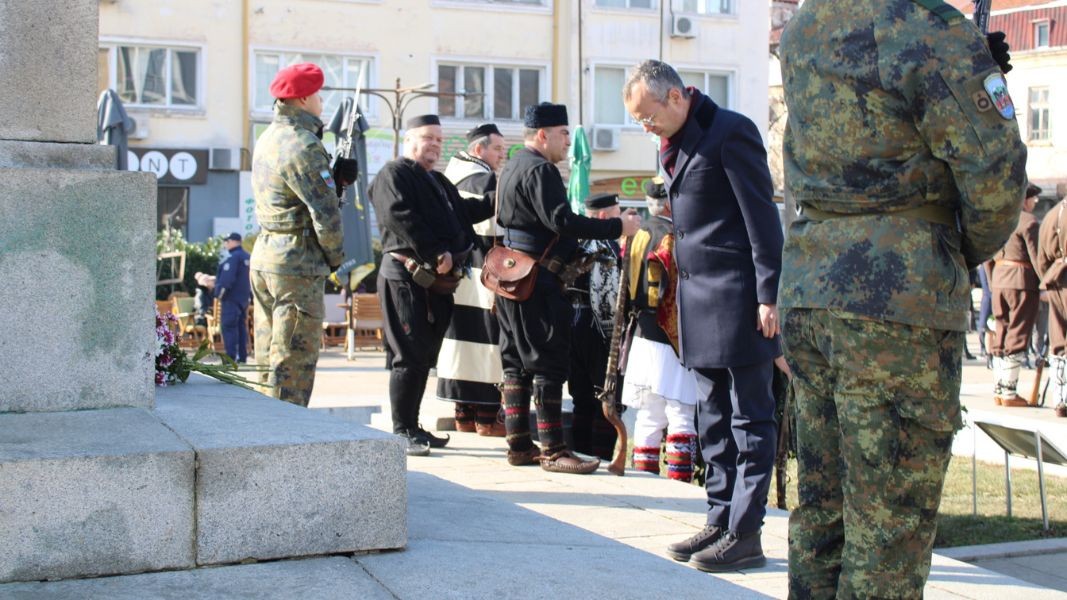


On 16 April 1879, the deputies of the Constituent Assembly debated, approved and signed Bulgaria’s first constitution, the Tarnovo Constitution. This document established the legal basis for the establishment of the new Bulgarian state following the..
8 November is celebrated as the Feast of Saint Michael the Archangel. According to church legend, Archangel Michael commands the whole army of angels in the fight against the forces of darkness, and during the second coming of the Son of God, he will..
In today’s world, where material values overshadow the spiritual, reflections on the salvation of souls somehow remain in the background. The constant race against time and the stream of daily tasks muffle the voice of the soul, which struggles to..

+359 2 9336 661
